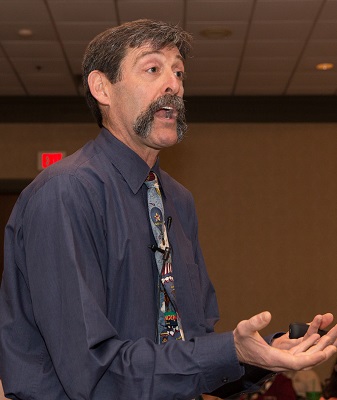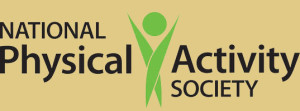5 Things to STOP Doing if You Want to Boost Physical Activity in Your Community
Presented by Mark Fenton for the National Physical Activity Society, February 2016
DESCRIPTION
SLIDES
WEBINAR
LINKS

Mark Fenton is a nationally recognized public health, planning, and transportation consultant, adjunct associate professor at Tufts University, advocate for active transportation, and former host of “America’s Walking” on PBS television. He’s consulted with the University of North Carolina’s National Center for Safe Routes to School and Pedestrian & Bicycle Information Center, and has led training and planning processes for pedestrian-, bicycle-, and transit-friendly designs in communities across the US, Canada, and Australia. He studied engineering and biomechanics at the Massachusetts Institute Technology and US Olympic Training Center, was manager of the Human Performance Laboratory at Reebok, and has published numerous articles and books related to exercise science, physical activity promotion, and community interventions. He also tries to practice what he preaches, serving on his community’s planning board, and walking and cycling for as many routine trips as possible. www.markfenton.com
DESCRIPTION
Mark Fenton has had the privilege of working with physical activity promotion efforts across the country and around the world, and he’s observed some themes in those communities that seem to be having the greatest success. He’ll share his admittedly biased thoughts on some of the activities you should avoid and propose better ways to expend your limited time and resources. He’ll support the Surgeon General’s recent Call to Action on walking and walkable communities by offering approaches to not just changing behavior, but changing the very design of our communities to create activity-inducing settings.
SLIDES
Slides: 5 Things to Stop Doing if You Want to Boost Physical Activity in Your Community. In pdf.
WEBINAR
This webinar has been modified from its original broadcast. Technical difficulties with sound are improved at about the 10-minute mark.
LINKS
Mark mentions these resources in this presentation:
- Active Living Research: http://activelivingresearch.org/
- America Walks: http://americawalks.org/
- Better Block: http://betterblock.org/
- Alliance for Biking & Walking: http://www.bikewalkalliance.org/
- CEOs for Cities: http://blog.walkscore.com/wp-content/uploads/2009/08/WalkingTheWalk_CEOsforCities.pdf
- Complete Streets: http://www.smartgrowthamerica.org/complete-streets/
- EPA and economic success framework tool: http://www.epa.gov/smartgrowth
- Green Lane Project (People for Bikes) http://www.peopleforbikes.org/green-lane-project
- Implementing Physical Activity Strategies book: http://www.humankinetics.com/products/all-products/Implementing-Physical-Activity-Strategies
- Urban Street Design Guide NACTO: http://nacto.org/publication/urban-street-design-guide/
- Urban Bikeway Design Guide NACTO: http://nacto.org/publication/urban-bikeway-design-guide/
- Rails to Trails Conservancy http://www.railstotrails.org/
- Realtor.org On Common Ground publication: http://www.realtor.org/topics/smart-growth/publications/on-common-ground
- Smart Growth America: http://www.smartgrowthamerica.org/
- Surgeon General’s Call to Action: http://surgeongeneral.gov/StepItUp
- Walk Score: https://www.walkscore.com/
- Walk [your city]: https://walkyourcity.org/
 National Physical Activity Society missionNational Physical Activity Society the nation's voice for physical activity in public health
National Physical Activity Society missionNational Physical Activity Society the nation's voice for physical activity in public health